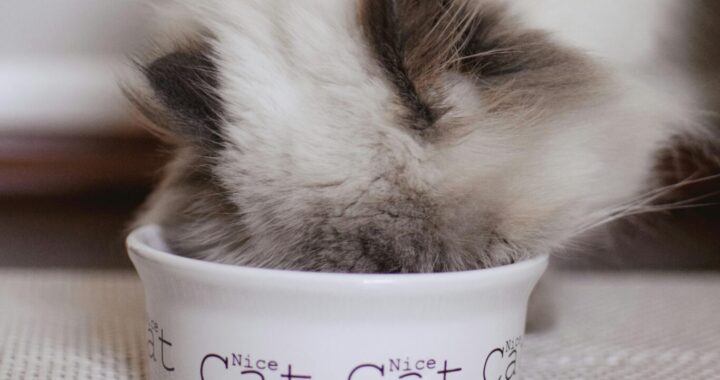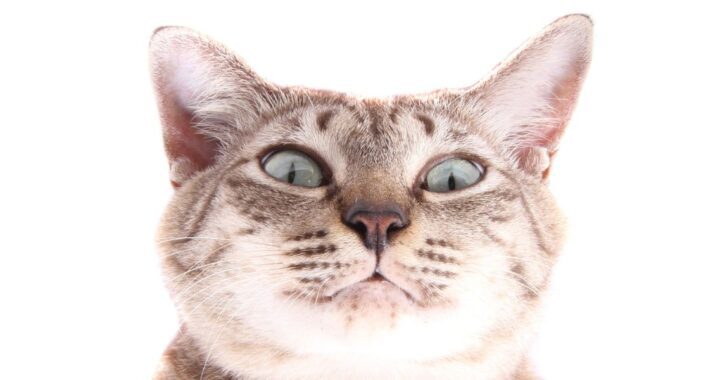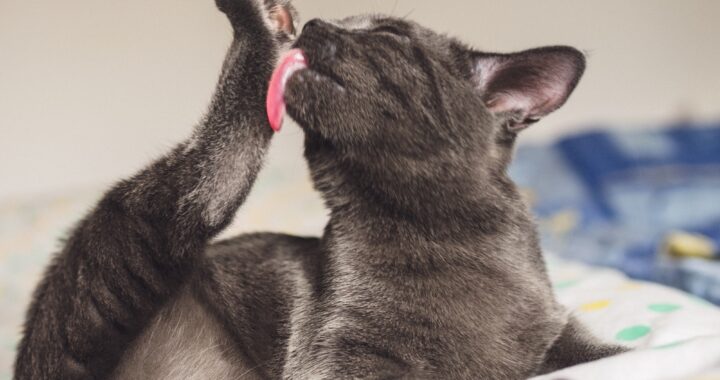There’s no denying that most everyone loves a good chonk (or unit, or big boy/girl, whatever vocabulary you prefer). But when and how do extra pounds on your kitty become a concern?
According to the Association for Pet Obesity Prevention, 61% of cats in the U.S. were reported overweight in 2022. In a previous blog, we discussed how excess weight can lead to severe health issues that significantly affect a cat’s quality of life. A recent study published in The Journal of Animal Science sheds new light on how overeating impacts cats’ digestive systems and gut health, offering valuable insights for cat parents.
How Cats Digest
When cats consume more food than necessary, they don’t digest their food as efficiently. The faster food moves through their digestive system, the fewer nutrients they absorb. The study also highlighted that as cats gain weight, their gut microbiome undergoes changes, resulting in reduced diversity and a decrease in certain beneficial bacteria.
Interestingly, the study observed no consistent changes in the cats’ activity levels with weight gain, suggesting that decreased physical activity might not be a significant factor in feline obesity. However, regular physical activity is still crucial for your cat’s overall health, well-being, and enrichment.
Understanding the impact that overeating has on your cat’s health is crucial. By ensuring they have a balanced diet and plenty of opportunities for physical activity, you can help your furry friend lead a longer, healthier life.
Ways to Address Overeating
Monitor food intake: Be mindful of how much your cat eats. Overfeeding can lead to weight gain and associated health issues. Consider measured portions to maintain a healthy feline weight. If you’re unsure of appropriate meal portions, try using an online calculator like this one from the Pet Nutrition Alliance. (Keeping in mind that calorie intake is just one piece of the puzzle – see our companion blog post on the subject.)
Promote Physical Activity: Keep your cat active by encouraging play. Toys, interactive games, and even simple activities like chasing a string can help keep them fit. Playtime also provides stimulation for your little household hunter, so it’s good for brain and body health!
Enrichment Through Feeding: Another great way to combine physical activity and mental engagement for your kitty is to make a game of getting to their food. Use food puzzles or hide small amounts of food around the house to encourage your cat to “hunt.” This keeps your cat moving and prevents them from eating too quickly in one sitting.
Regular Health Check-Ups: There’s no “one size fits all” when it comes to healthy cats. Some cats are built bigger with lots of fluff, and others are lean and muscular by nature. The best way to tell if your kitty’s paunch will give them problems is through regular visits to your vet.
For more information, read our previous blog post: Cats and Weight: The Truth About Chonk.




